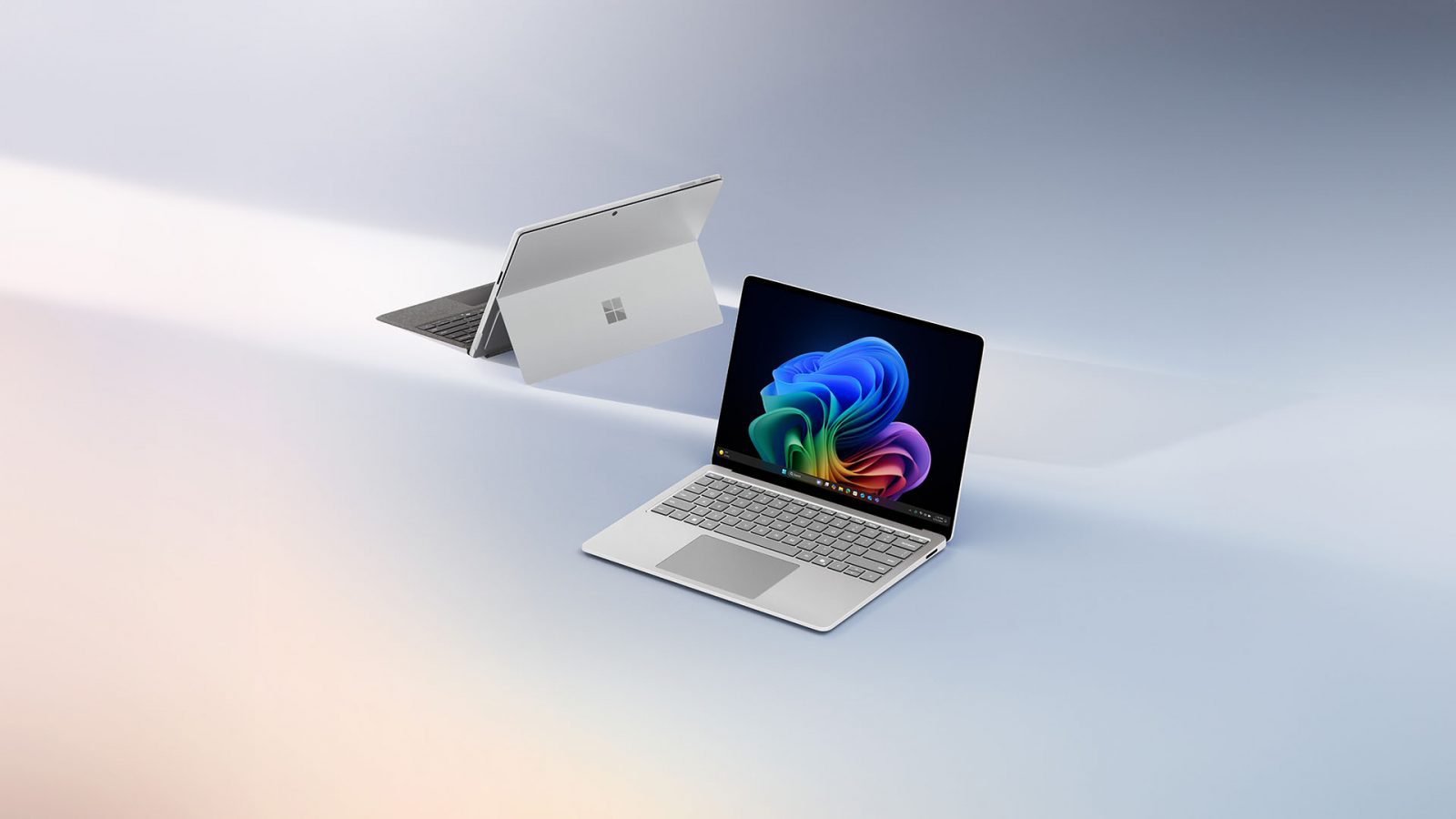
Microsoft is confident that the Snapdragon X Elite-powered computers will challenge Apple’s offering, and a third-party benchmark just proved this. The company recently launched several Snapdragon X-powered AI laptops, including its Surface Laptop 7. Many are saying that the Snapdragon X processors are a game-changer for Windows laptops, which Microsoft needs to counter Apple’s recent domination of the laptop market with its Apple-silicon-powered MacBooks.
Hardware detective HXL shared the results of a CPU-Z (ARM64) benchmark run on a Surface Laptop 7 with a Snapdragon X Elite X1E-78-100 SoC on May 25. CPU-Z’s internal benchmark tool was used to compare the X1E-78-100 to the Apple M2. Since CPU-Z isn’t available for macOS, the reviewer created a virtual machine running Windows 11 to run the benchmark. Therefore, there may be some performance loss along the way. Unlike Cinebench, CPU-Z isn’t considered a reliable benchmark, so take the results with a pinch of salt.
The X1E-78-100 exhibited a single-thread result of 686.0 points and a multi-threaded result of 7,923.5 points. HXL then compared this with a previous benchmark test of an Apple M2 device running a Windows 11 virtual machine. Although the Apple computer had a higher single-thread result at 749.5 points, the Surface Laptop 7 obliterated it in the multi-thread test after reaching only 3,822.3 points — less than half of what the Surface Laptop 7 achieved.
Snapdragon X Elite X1E-78-100 (Surface Laptop 7)CPU-Z (ARM64) BenchmarkARM64: ST 686, MT 7923x64 Emulation: ST 485https://t.co/95c1C54aq5 https://t.co/apwKKkr9VJ pic.twitter.com/W1qZlRGO7ZMay 25, 2024
While several benchmarks have shown that the Snapdragon X Elite could beat Intel and AMD’s top laptop offerings, we haven’t seen any real-world tests comparing it to Apple-silicon MacBooks until now. This result shows that the new Qualcomm-powered laptops could hold their own, allowing users who want extended battery life in a thin-and-light platform to choose between Windows and macOS instead of just relying on Apple for their needs. Qualcomm is reportedly preparing to officially support Linux on the Snapdragon X Elite, giving users an open-source operating system option.
The Snapdragon X Elite and X Plus chips are significant developments for the consumer laptop market. Their introduction led to more options for buyers who prefer powerful Arm chips for their efficiency, as they could now get these laptops from other makers like Samsung, HP, Lenovo, and Acer instead of just waiting for Apple to release its latest Apple-silicon MacBook. These new offerings will encourage competition, leading to better products and prices for end users.
So far, this is the only benchmark we have of the Snapdragon X Elite that compares it directly to Apple silicon. We’re looking forward to test results from other manufacturers, allowing us to see which layouts and systems deliver the most power from Qualcomm’s chips. But we don’t want to rely just on leaks and official results; instead, we want to see full-blown reviews from trusted publications and channels. That way, we know what we’re getting when we purchase a Snapdragon X-powered laptop.







